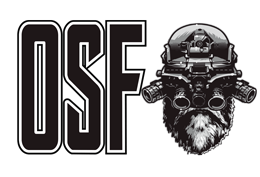Sleep disturbance
The presence of sleep disturbance among operators is nearly universal.
01 Basis
The presence of sleep disturbance among operators is nearly universal. Operators face a number of concerns that put them at risk for problems with sleep including TBI, headaches, pain, endocrine dysfunction, psychiatric illness, being “on guard” or hypervigilant, and alcohol abuse, all of which negatively affect circadian rhythms. Deployment schedules and mission requirements (traveling across time zones and shifting sleep schedules) also disrupt normal sleep–wake cycles.
02 Observations
Research shows that sleep disturbance is common after TBI, occurring in 30% to 70% of individuals with head injuries.
TBI likely changes the brain’s ability to appropriately control breathing during sleep and affect circadian rhythms via hormonal channels such that the internal “clock” in the brain may become disoriented.
In turn, sleep disturbance complicates the resolution of TBI symptoms25 and contributes to irritability, cognitive impairment, memory loss, impulsivity, poor concentration, depression, and even hallucinations
03 Symptoms
Operators face a number of concerns that put them at risk for problems with sleep including TBI, headaches, pain, endocrine dysfunction, psychiatric illness, being “on guard” or hypervigilant, and alcohol abuse, all of which negatively affect circadian rhythms. Deployment schedules and mission requirements (traveling across time zones and shifting sleep schedules) also disrupt normal sleep–wake cycles.
